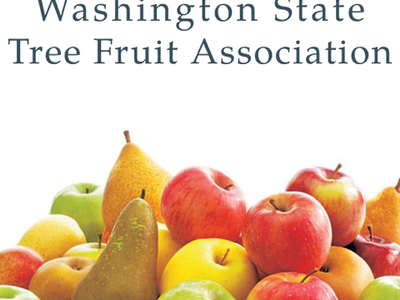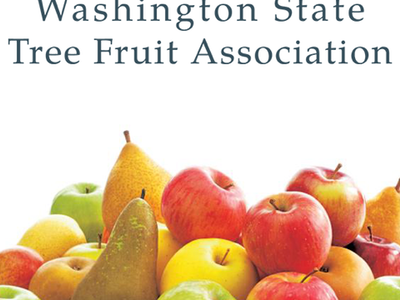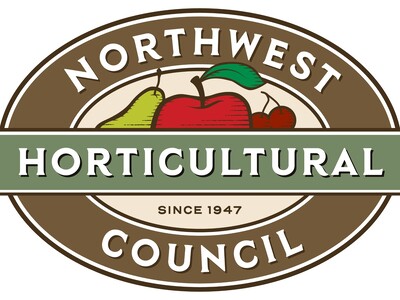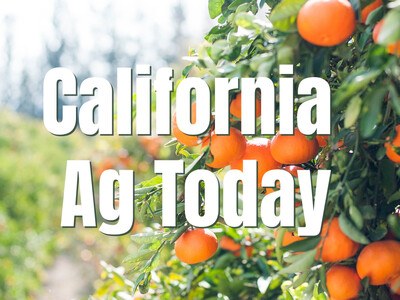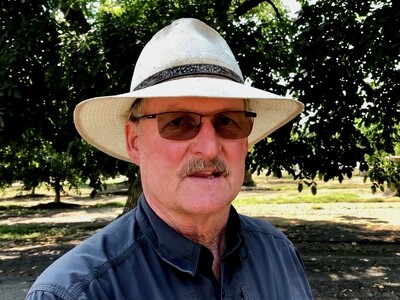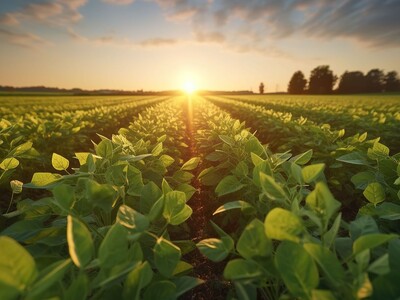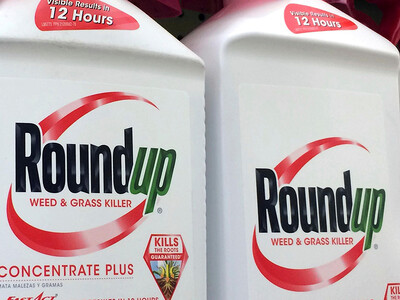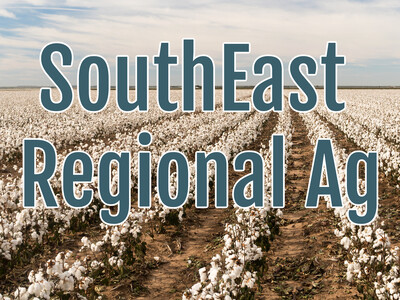Cold Impact on BC Fruit
From the Ag Information Network, this is today’s Fruit Grower Report. After two years of weather extremes, followed by a devastating winter cold snap in January, some British Columbia tree fruit tree operations are clearing orchards and planting crops that will give them at least some cashflow this growing season.Stone fruit crops like peaches, apricots, and nectarines suffered the worst damage, but apples tolerated the deep freeze relatively well with much less damage.
Kelowna grower, Jannel Oliver ripped out about three acres of peaches this spring after not one of her trees flowered. Instead, she’s planted several melon varieties …
OLIVER … “We’ve got melons. We’re planting so many more musk melons, cantaloupe, and watermelons this year because of the loss of the peaches.”
Apple grower Alan Gatzke expects to have a crop this year, but says British Columbia’s stable weather patterns have become much less reliable …
GATZKE … “There’s no doubt in my mind that the weather has been more volatile in the last decade. We’re seeing a lot of records on the high end and now on the low. We do best when we can count on the weather. And so that does concern me, as a person who makes a living from a stable environment.”
In March, the B.C. government announced a $70 Million program to replant orchards and vineyards, but grower Ron
McMillan says that does little in the short term …
McMILLAN … “I think this is a wakeup for people who are non-farmers. Farmers have been realizing something’s going on for a while. We’ve been sounding the alarm, but not everybody’s been listening. There’s going to be a lot of changes going on as people try to figure out ways to make this work.”
British Columbia has more tree fruit orchards than any other province in Canada with nearly all of them in the Okanagan Valley.
###
To meet Western Canadian demand this year, the B.C. Fruit Growers Association says that more tender fruit, like peaches and nectarines, will have to be imported from the U.S. and other countries.





